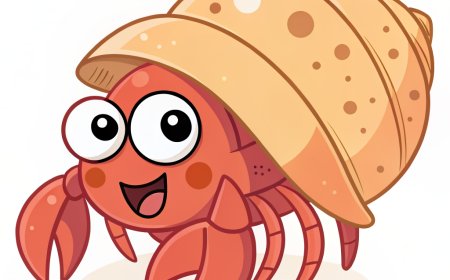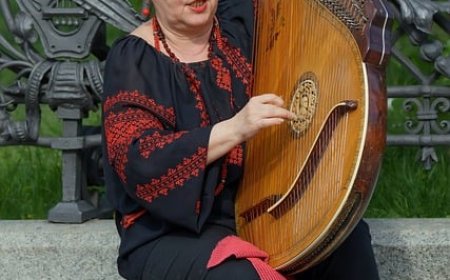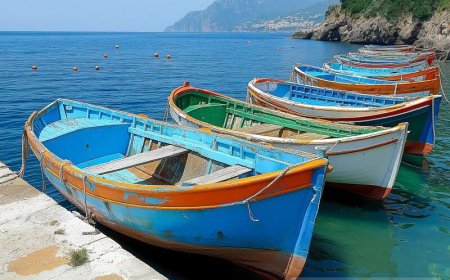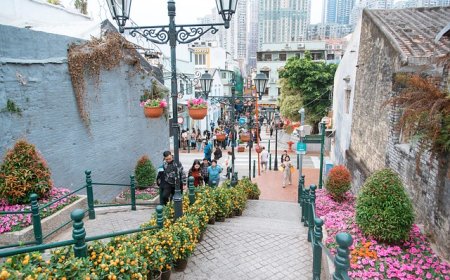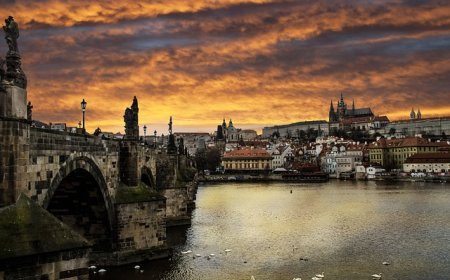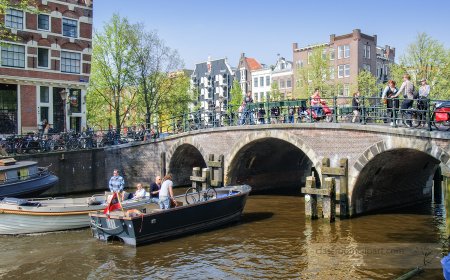Germany: Geography, History, and Culture for Students
Explore Germany’s geography, cities, history, and traditions in this student-friendly article. Learn about Berlin, fairy tales, food, and German inventions.
🇩🇪 Germany: A Country of Castles, Creativity, and
🗺 Introduction
Germany is one of the most important and powerful countries in Europe. Located in the heart of the continent, it is known for its castles, science, engineering, music, and fairy tales. It has shaped the world through history and continues to be a leader in technology and the arts.
In this article, you’ll learn about Germany’s geography, cities, culture, history, and fun facts. You might be surprised how many things you use or eat today that come from Germany!
🌍 Geography and Location
Germany is located in Central Europe. It borders nine countries—more than any other country in Europe—including France, Poland, Austria, Switzerland, and the Netherlands. It has coastlines on the North Sea and Baltic Sea.
The geography of Germany includes:
- The Alps in the south (home to skiing and hiking)
- The Black Forest, known for its tall pine trees and fairy tale legends
- The Rhine, Danube, and Elbe Rivers, important for trade and travel
- Rolling hills, farmland, and bustling cities in the center and north
🏙 Major Cities and Regions
The capital of Germany is Berlin, a city full of history, modern art, and technology. Famous sites in Berlin include:
- Brandenburg Gate – a symbol of peace and unity
- The Berlin Wall Memorial – remembering the time when East and West Germany were divided
- Reichstag Building – where Germany’s government meets
Other important cities:
- Munich – known for Oktoberfest and Bavarian culture
- Frankfurt – a financial hub and home to many skyscrapers
- Hamburg – a port city with canals and ships
- Cologne – famous for its large cathedral
Germany is divided into 16 federal states (Bundesländer), each with its own culture, dialects, and traditions.
👨👩👧👦 People, Language, and Culture
Germany has over 83 million people, making it the most populated country in the European Union. The official language is German, though many people also speak English, French, or Turkish.
German culture values education, precision, hard work, and family life. At the same time, Germans enjoy nature, soccer, music, and festivals.
Germany has made huge contributions to the arts, including:
- 📚 Writers like the Brothers Grimm (who collected fairy tales like Cinderella and Hansel & Gretel)
- 🎼 Composers like Beethoven and Bach
- 🧪 Scientists like Albert Einstein
🍽 Food in Germany
German food is delicious and varies by region. It includes:
- Bratwurst – grilled sausage
- Pretzels – twisted bread snacks
- Schnitzel – fried meat cutlet
- Spätzle – a soft noodle dish
- Sauerkraut – pickled cabbage
- Black Forest cake – a chocolate cherry dessert
Meals are often hearty, and many German towns have bakeries, markets, and cafés where people gather to eat and chat.
🏰 History Highlights
Germany’s history is full of important events:
- In ancient times, Germanic tribes lived across the region.
- During the Middle Ages, castles and kingdoms were built.
- The area became part of the Holy Roman Empire.
- In the 1800s, Germany was united as one country by Otto von Bismarck.
- In the 20th century, Germany was involved in World War I and World War II.
- After WWII, Germany was divided into East and West.
- In 1990, Germany was reunified, and Berlin became the capital again.
Today, Germany is a democratic country and one of the strongest economies in the world.
🌿 Nature and Wildlife
Germany takes great care of its environment. There are forests, rivers, and mountains that are protected in national parks.
Some animals you might see in the wild include:
- 🦌 Deer
- 🐗 Wild boar
- 🦅 Eagles
- 🐿 Foxes and squirrels
Germans also love to hike, cycle, and enjoy the outdoors.
🧠 Why Germany Matters
Germany is a world leader in many areas:
- It’s famous for engineering, especially in making cars like BMW, Volkswagen, and Mercedes-Benz.
- It leads in green energy, recycling, and environmental science.
- It’s a center for education, medicine, and technology.
- Its language, stories, inventions, and music have spread around the world.
Germany is also a key member of the European Union and helps shape global decisions.
📚 Vocabulary List
| Word | Definition |
|---|---|
| Reunification | When two parts of a country come back together |
| Precision | Careful and exact, especially in science or engineering |
| Cathedral | A large Christian church, often old and grand |
| Bundesländer | The 16 federal states of Germany |
| Schnitzel | A fried meat cutlet, often made from pork or chicken |
| Composer | Someone who writes music |
| Fairy tale | A magical story for children, often with a lesson |
| Democracy | A system of government where people vote for leaders |
✨ Fun Facts About Germany
Germany has over 20,000 castles, some of them more than 1,000 years old.
The German language has one of the longest words ever used in government documents!
Germany was the first country to start using daylight saving time during World War I.
You can drive very fast on parts of the Autobahn, Germany’s highway system—there are no speed limits in some areas.
The Christmas tree tradition started in Germany and spread around the world.
👧🧒 Kid-Friendly Summary
Germany is a country full of amazing places, people, and stories. It has tall mountains, deep forests, castles, and exciting cities. Germans speak their own language, enjoy yummy foods like pretzels and schnitzel, and love music, fairy tales, and inventions. Germany is a big part of European and world history—and it continues to make a difference today!
🧠 Interactive Quiz: How Well Do You Know Germany?
1. What is the capital of Germany?
A) Hamburg
B) Munich
C) Berlin
D) Frankfurt
2. What type of forest is famous for fairy tales in Germany?
A) Red Forest
B) Rainforest
C) Silver Forest
D) Black Forest
3. What dish is a breaded and fried piece of meat?
A) Bratwurst
B) Schnitzel
C) Sauerkraut
D) Spätzle
4. What happened in 1990 in German history?
A) A new king was crowned
B) Germany became part of the Roman Empire
C) Germany was reunified
D) The Berlin Wall was built
5. What famous German brothers collected fairy tales?
A) The Brothers Grimm
B) The Wright Brothers
C) The Brothers Beethoven
D) The Brothers Hansel














